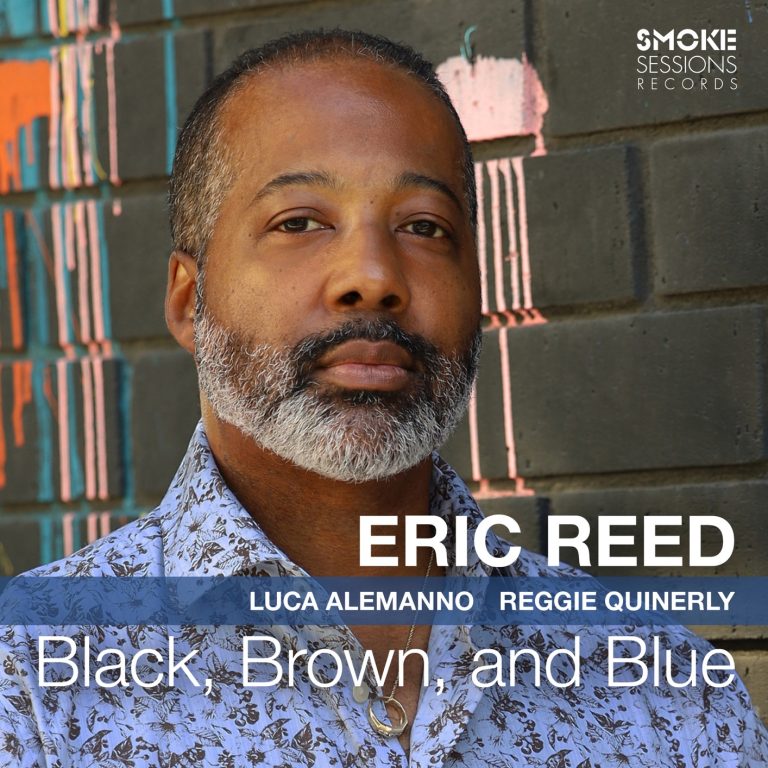Mathias Eick – When We Leave
Norwegian trumpeter Mathias Eick releases his fifth album for ECM as a leader. We reviewed his still beautiful album “Midwest“, a collection of songs about the voyage of Norway coming to America, on these pages in 2015. He also released “Ravensburg” in between. The album and its protagonists, including two drummers, is the backing again for his latest endeavor, unfortunately not out on vinyl. Added to the mix is pedal steel guitarist Stian Carstensen. Which already says a lot about the sounds of “When We Leave”, where Mathias is “searching for sounds that are unique and stand out of time”, according to the press release.
So there are moments of extremely deep intimacy and quietude on tracks like “Flying”, and more densely executed pieces like “Arvo”, which brings a tiny little bit more trouble to an otherwise pretty soft and peacefully gliding oeuvre. Violinist Håkon Aase adds a folk-induced element here, sometimes evoking country-like moods and effects. The melody on the album opener “Loving” is wistful and plaintive. On “Caring”, Mathias works with a lot of restraint, with the violin stating the opening remarks before Mathias sets in with his spare and melancholic playing. Pianist Andreas Ulvo and bassist Audun Erlien interact accordingly, accompanying each other and throwing ideas back and forth. Almost like a conversation. The violin and guitar seem to moderate and comment from behind. Beautiful stuff.
And there is a certain depth in the combined playing of trumpet and violin, like on “Turning”, another hauntingly impressive piece. You almost don’t realize that two drummers are at work. That’s because Mathias “wasn’t trying to make the drumming bigger but rather more three-dimensional. What’s going on in the area of rhythm is very much like what’s happening between Håkon and myself, where a similar idea of shadowing and call and response is taking place.” Violin, pedal steel guitar, and trumpet turn “Playing” into another well-rounded, very innovative, and deeply affecting piece. It’s like a sketch which slowly but surely gets completed.
Mathias ends his journey with an almost excruciating plea. “Begging” seems to ask for better days ahead.









